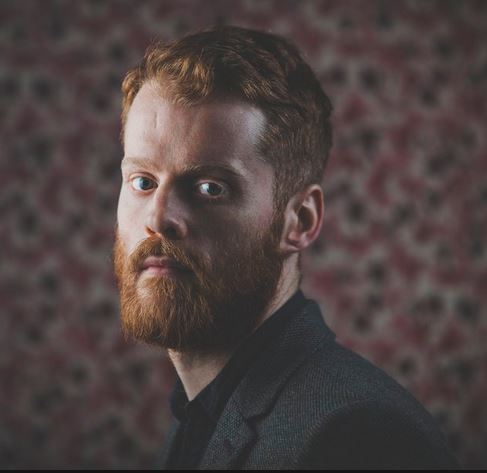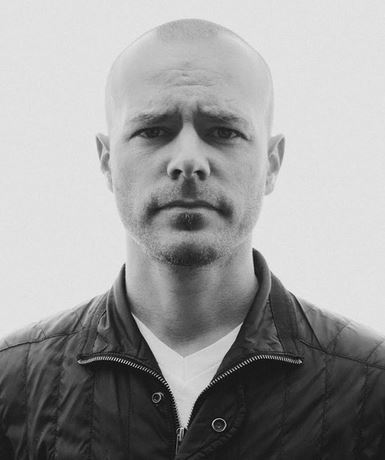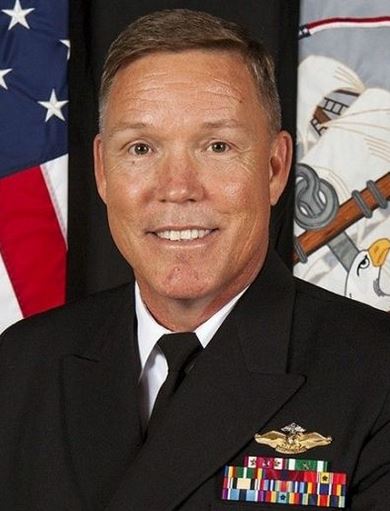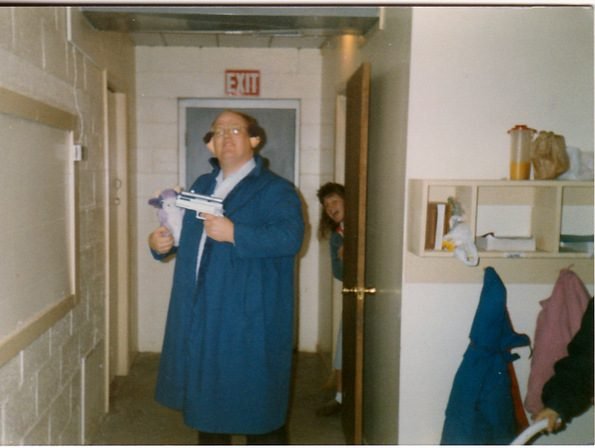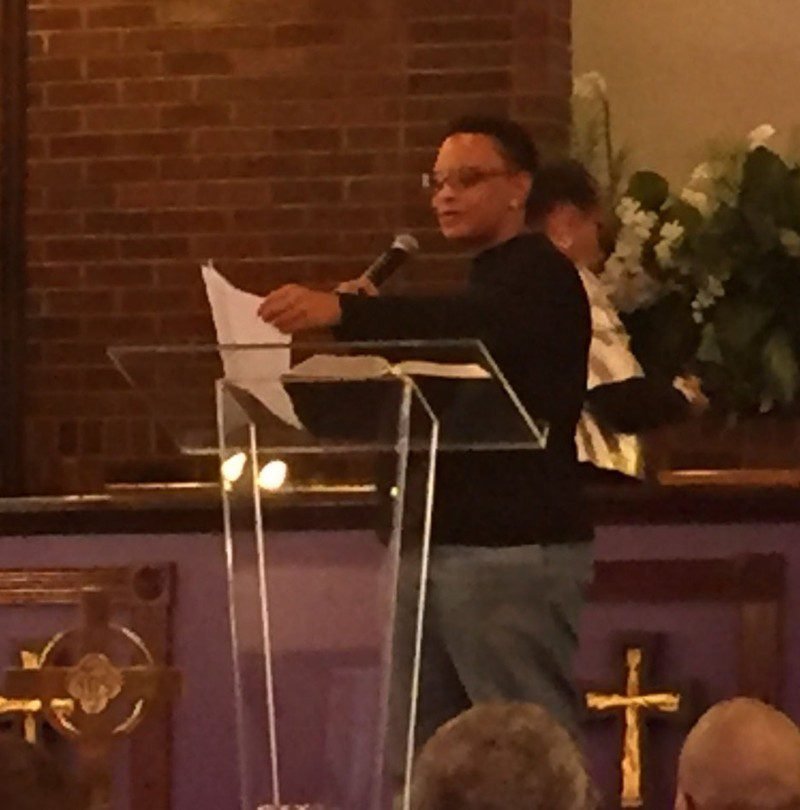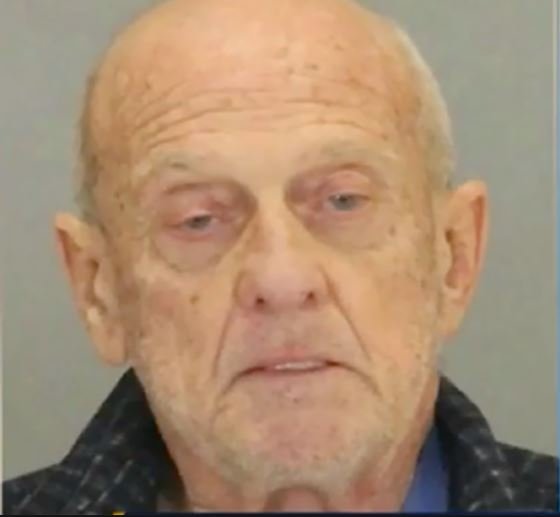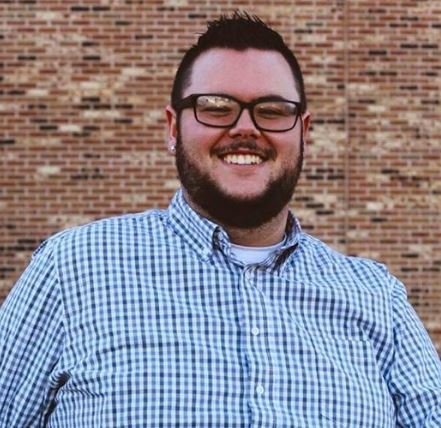
What follows is an email I received from a former Fundamentalist Christian who is now an agnostic.
Edited for readability and length, and to maintain the author’s privacy and anonymity
I want to tell you I am sorry for an article I wrote about you years ago on my blog. I wrote of your falling away, and that you had not really been saved. I had the same thing later said to me by an IFB pastor when I deconverted. He told me since I was doubting — at that time — I must not have really been saved. He seemed to write me off as an evil person who was charcoal for God’s furnace. This much I know: I was sincere and had believed. Now having experienced this myself, I realized I was lied to about the concept of being born again. I came to see no evidence for any Holy Spirit directing anyone. Sadly, I said the same to you, so I apologize. I was wrong.
I deconverted about 7 months ago. I am no longer a Christian.
I have had thoughts of blogging again, but, for now it is best that I do not write about religion. I have talked about my deconversion elsewhere and how bible prophecy and conspiracy and the IFB churches misled me. I have cried over a lost 16 years in this system, but at least now my mind has cleared.
You were right about my “fairies” article being nutty as well. Somehow, when I went into Christianity, I became afraid of everything. I had a very skewed view of the world. I never saw fairies or anything like that, but testing reality by the Bible broke my reality tester in general. The fundamentalist church got me to distrust science and it shut down my ability to think rationally. Magical thinking took over as fundamentalist preachers pounded a fear of hell and demons into my brain. Getting too deep into conspiracy theories also took a toll. I believe there are a lot of lies and corruption in the world, but I figured out I was being lied to by people who WANTED me to be afraid. I also found that most of the conspiracies I believed were bunk.
I read all the articles you wrote against my posts and I started reading here regularly. I got out my old journals at home and started reading some old books; things I had written from my first deconversion too, when I left my family’s Catholic faith. I felt guilty over regularly reading this blog — an “atheist” blog. It is hard to even explain how Christianity got a hold of me, but I had severe disabilities and almost died, and I believe trauma made me more vulnerable and open to certain religious beliefs. I also lived in a very rural conservative town, surrounded by numerous evangelical Christians.
Becoming a Christian as I dealt with severe health problem and trauma gave me new hope. But, as time passed, I realized Christianity had given me promises that were not panning out in my life. Prayers were never answered. If someone were dying and I prayed for the them, most of the time they still died. I never saw any evidence of an intervening God, despite my strong beliefs and faith. After attending two Independent Fundamentalist Baptist (IFB) churches and a Calvary Chapel church, I stopped attending church, telling people that churches were rotten — and many are. I ended up leaving organized Christianity altogether. I was also weary of blaming myself for everything and, as a disabled person, I was tired of being told I was not to be loved or accepted; that I should continually pray for healing. Conservative Christians, outside of a few nice individuals, viewed me as someone to be pitied or someone who needed “fixed.” On my blog, I wrote against authoritarianism and other aspects of Christianity I despised, and it got to the point where I said to myself, “What am I doing here?”
I kept non-Christian friends, contrary to the rules in the churches I was once a part of. When I left organized Christianity, I was told by people in these churches that “I never really fit in.” My husband — who is an agnostic — was respectful of my beliefs, but thankfully he never converted. In another area of my life, I removed people I believed were toxic abusers. I am happily married, but I had abusive family members. I studied narcissism and abuse for the sake of my recovery from these things. I realized as I studied that God seemed to operate just like abusers — making threats of eternal punishment in hell to keep people in line.
IFB churches and fundamentalist Christianity bring out mental illness in people. I believe I now have my brain back, and I am teaching myself to use rational thought and critical thinking again. I became honest about how damaging fundamentalism was and how it negatively affected our society. I support your endeavors to warn people. If I can be of any help please tell me.
One reason for my deconversion is that while I desired and yearned for a loving God, the God of Christianity and the Bible was often cruel and capricious. I read the entire Bible from cover to cover. I read verses such as Ezekiel 9, where God ordered the killing of babies and children. The whole God’s “mysterious ways” argument no longer, in my mind, excused such injustices. I also started having thoughts about Jesus’ crucifixion, asking myself, “What kind of God would allow his own son to suffer and die like that to fix a system he himself supposedly created?” A lot of it made no sense to me. I also started getting creeped out by the whole blood sacrifice foundation of Christianity. I am disabled and live with a lot of pain. I realized, in the midst of my suffering, that God was not bringing me solace or comfort. Shortly before my deconversion, I had to be honest with myself. I didn’t like the person Christianity had turned me into. It separated me from other people. I realized I didn’t like Yahweh that much. and in my heart of hearts, I was actually scared of him, and did not see him as a kind, loving deity. His threats of hell sounded just like the manipulation and control used by human abusers.
While I had exposed with my writing many of the evils found in Christianity, I never considered looking for that elusive unicorn called the TRUE CHRISTIAN since I already thought I was one. Once I realized that I was looking for something that did not exist, the whole artifice collapsed. I also came to see that I became way too involved with conspiracy theories, finally realizing that using a 2,000-year-old religious book by which to test things is not a good idea. On deconversion boards, I talked about my blog, and people told me that they, too, became more and more immersed in conspiracy theories as time went on. One topic I think you should cover if you ever get a chance is how fundamentalist Christianity gets people to believe almost anything. This is how Trump took over so easily. Trump, by the way, was the gasoline poured on my deconversion fire. I came out against Trump on my blog — from a new world order perspective — and as a result I lost lots of readers. I was sickened by Christian support for Trump, and I openly protest Trump in my local community. I now consider myself a progressive. I remember all the grief I got for protesting against war while an IFB church member. I now see how Christianity has been used as a vehicle to control people politically, and how it has helped the powerful and rich to abuse people, advance racism, and other evil agendas. Even the conspiracy theory nonsense was part of the game.
I am now part of a Unitarian Universalist congregation. I still have some positive thoughts about spirituality and some of the moral teachings of Jesus, but I am no longer a Christian. I consider myself an agnostic.
I am a much happier person since leaving Christianity, and a lot of the guilt and fear has lifted. You are helping people with this blog. I know reading here helped me too.
No Longer A Believer

